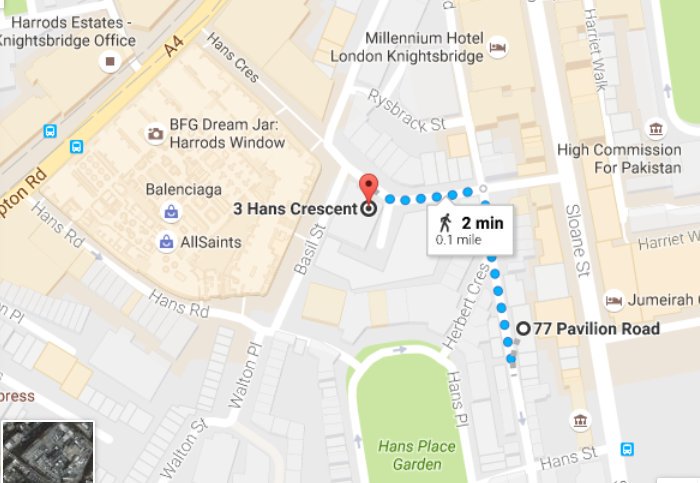Julian Assange and Ecuador blast London police for ‘inadequate response’
Adam Garrie
14
August, 2016
The
attempted break in into the Ecuadorian Embassy and the slow police
response coming on top of the already bad treatment by the British
authorities of Julian Assange, give rise to many questions and are a
cause of grave concern.
A
few days ago, a still unidentified man attempted to break into the
Ecuadorian Embassy in London.
Slow
police response times have been officially criticised by Ecuador, a
statement which carries extra weight due to the fact that the closest
police station is 2 minutes away and that a resident of the Embassy
is under 24 hour police surveillance. This resident is of course none
other than Julian Assange.
Wikileaks
even published a map to show exactly how close the police station is
to the Ecuadorian Embassy.
UK police took 2h to respond to Assange Embassy intruder despite 24h covert op & police station 2 mins walk away.
Let
us not however rush to ask too many uncomfortable questions too soon.
Perhaps the criminal trying to break into private property belonging
to a sovereign state had ‘ordinary’ criminal intentions. Let’s
just assume that he was deranged, possibly if not probably on drugs,
and wanted nothing more than to commit vandalism, theft of property,
violence against others, or even physical molestation against women
or children.
Surely
any of the heinous aforementioned crimes are worthy of a rapid police
response time in a heavily policed area of central London? Yet this
did not happen.
One
could easily accuse the Metropolitan Police of a dereliction of duty,
and yet for ‘ordinary crimes’, the police in London have a
frankly stellar record of professionalism and respect for the rights
of victims.
But
London is not immune from the stain of police politicisation and many
are now questioning if the inadequate response time to the distressed
calls from the embassy may be down to something more than
incompetence.
Julian
Assange is one of the most watched upon people in Britain and indeed
the world. If he tried to leave the embassy, he would not be able to.
Why then should it be so easy for an unknown man to attempt to enter
the embassy illegally when Assange who faces no formal charges of any
kind in Britain, finds it so difficult to leave? Something simply
does not add up.
Citing
the Vienna Convention on Diplomatic Relations of 1961, Ecuador
pointed out that the host nation is responsible for the security of
embassies.
“The Ecuadorian Government therefore expresses its concern about the inadequate response by the British authorities, who only arrived at the embassy more than two hours after the incident took place.”
“The Government of Ecuador regrets that, despite the enormous resources that the British government has undertaken to prevent Julian Assange leaving the Ecuadorian embassy, the authorities did not respond more quickly to this extremely serious attempt an unauthorised entry,”
The
statement added:
“The Government of Ecuador expresses its willingness to cooperate with the security forces in the UK to prevent future incidents and renews its commitment to protect Julian Assange.”
This
is compounded by the fact that prominent supporters of Hillary
Clinton have increased their physical and legal threats against
Assange in the wake of Wikileaks exposing the lies and corruption of
the Democratic Party.
The
attempted break in at the embassy is by definition a crime, the slow
response time of authorities was at face value, a blunder, but was it
something more?
For
anyone who cares about justice, free speech and human rights, these
questions must be asked. Someone who calls an ordinary event
suspicious is guilty of a hyperbolic reaction. Yet someone who
dismisses logical questions surrounding a suspicious event is
negating the basic principles of logic.
One
must hope that answers are forthcoming and that the rights of the
Ecuadorian Embassy as defined by international law are respected.
The
situation revolving round Julian Assange has gone from odd to
pathetic, to sad and now to deeply worrying.
For
Assange, his freedom is a prison and the immediate outside world is
something even worse.
Has
truth become such a poison that actual bodily harm or the threat
thereof is preferable for the ruling classes?
Do
those who wish Mr. Assange harm not realise that even if the tragic
were to happen there would still be a Wikileaks?




 WikiLeaks
WikiLeaks









No comments:
Post a Comment
Note: only a member of this blog may post a comment.